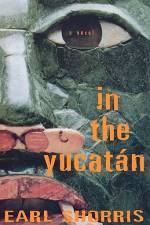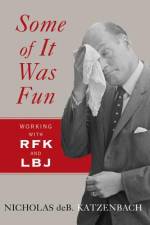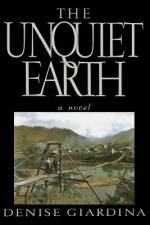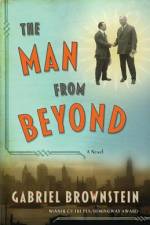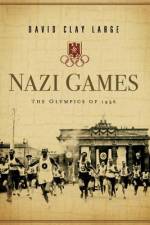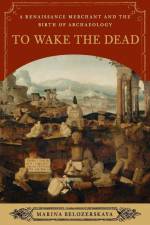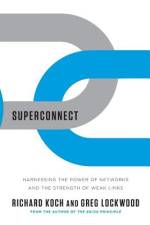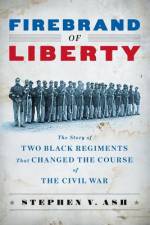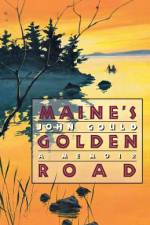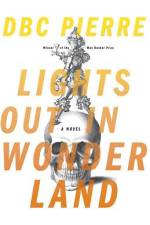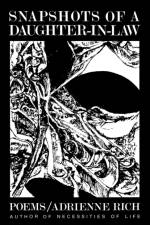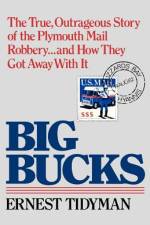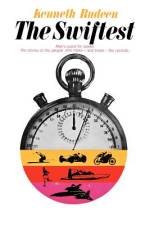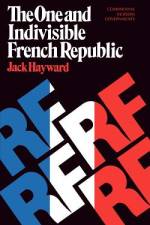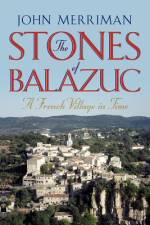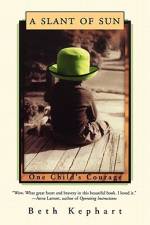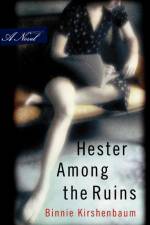av Denise Giardina
365,-
At the heart of this novel, which spans from the 1930s through the 1980s, is principled, passionate Dillon Freeman and his more conventional cousin Rachel Honaker. Best friends as children, as they grow older they realize, and are torn apart by, their forbidden love for each other. Rachel consigns herself to a loveless marriage and careful avoidance of Dillon. He in turns enlists to fight in World War II, and, upon his return, against the big-time coal company and the dark shadow of destruction it casts across Blackberry Creek.Rachel's daughter, Jackie, carries Dillon's activism and passion into the next generation. As Dillon fought, and was imprisoned, for union-organizing, Jackie, as a journalist, fights against injustice by exposing American Coal's methodical destruction of the community. And, like her mother, Jackie falls passionately in love with a young man with whom a conventional relationship is not possible. Tom Kolwecki, a Jesuit seminarian who arrives in Blackberry Creek as a Vista Volunteer, is powerfully attractive to her, but the pull of his religious vocation and the accidents of history and tragedies of nature render their unions stillborn.Denise Giardina creates, with brutal honesty and painful insight, a carefully woven narrative tapestry and a generational saga that builds to a climax as shattering as any in recent American fiction.

